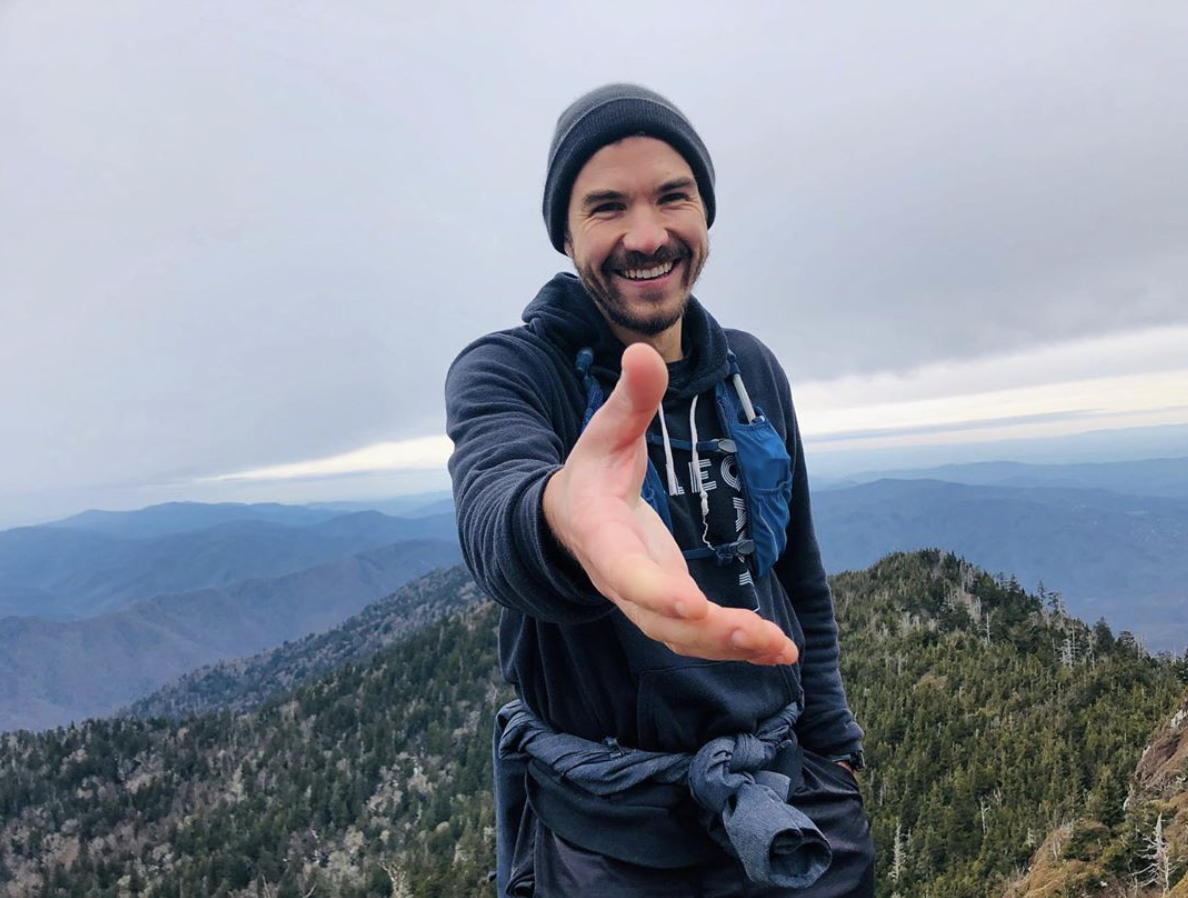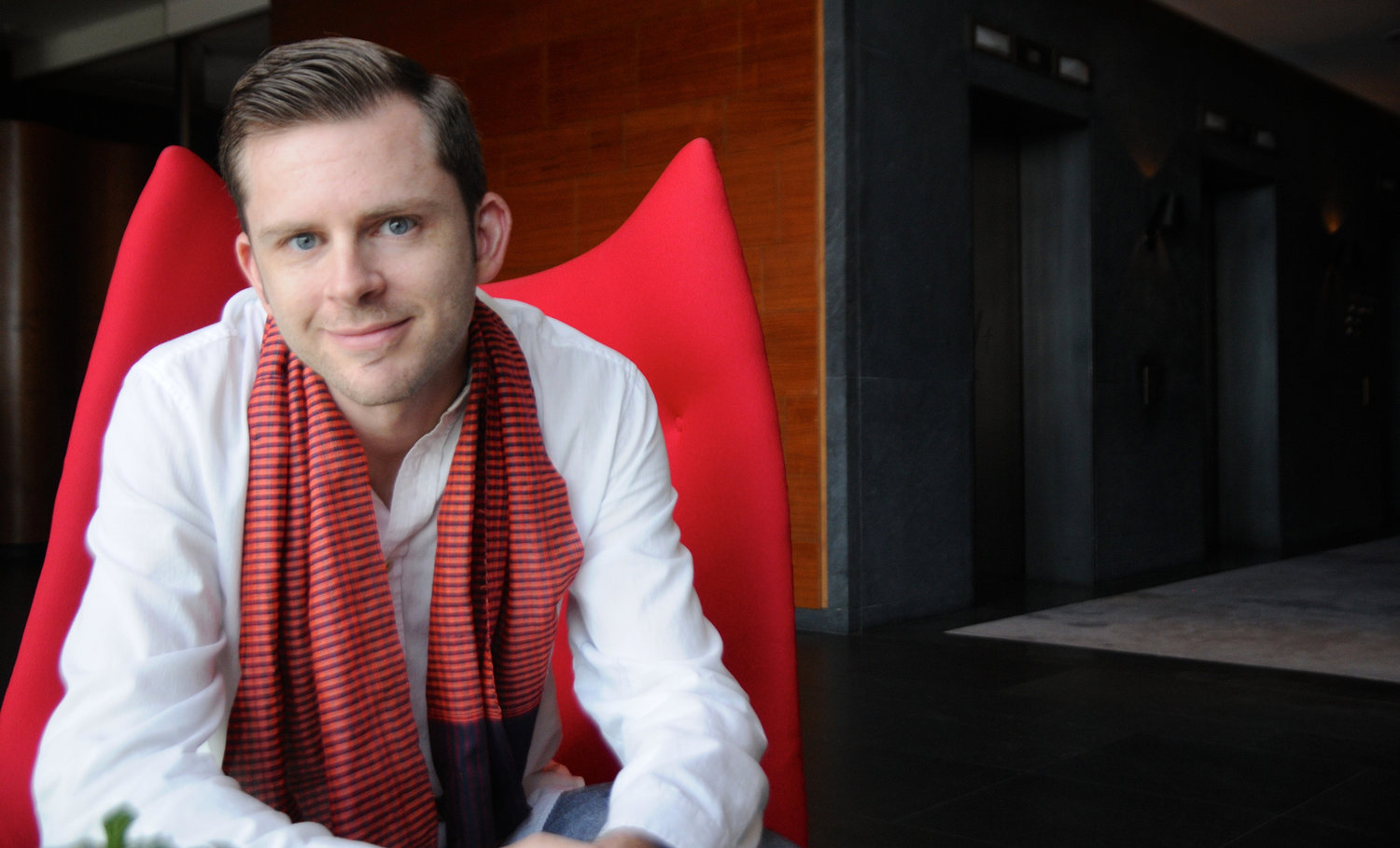
Articles
3 Ingredients For Becoming A Better Leader
July 7, 2020

What makes a leader, especially in uncertain and turbulent times?
The answer might vary depending on who you ask. But according to Alex Judd - business coach, ex-host of the EntreLeadership Podcast, and founder of Path For Growth - having even one person that depends on you makes you a leader. And with the opportunity comes a unique responsibility to take action and be of service.
In this episode of Process Makes Perfect, we discuss the 3 ingredients that Alex believes every business owner and leader needs to unleash their untapped potential: Accountability, perspective, and action.
Accountability
Leaders need accountability as much as (maybe even more so) than everyone else. Whether that be a mentor, a mastermind group, or a business coach, accountability looks like someone who will kick you into gear while supporting you.
But measuring accountability comes down to a question you can start asking yourself: Did I do what I said I would do?
As Alex pointed out, we all need accountability to keep moving forward. And while it often comes from one person or team, it can also be built into the systems and processes that your business puts into place to drive growth.
For example, at Trainual, running big decisions by our board is part of the process. That way, we stick to what we said we were going to do, rather than getting sidetracked by things that happen to come up.
Perspective
Think of perspective as the context to where you are coming from. This doesn’t mean recapping everything that has happened so far, but looking at things from different angles to locate blind spots.
As companies struggle to make short term obligations and keep their doors open amid the current market, this couldn't be more relevant.
In fact, the restaurant industry has done a really great job with this. When the pandemic hit and restaurants were faced with shutting their doors, many shifted their attention toward takeaway. What was once a blind spot is now what is keeping revenue coming in and their teams employed.
When I am struggling to gain perspective, I list out what is in front of me, what is in my control, and what next steps are available.
Action
Even being held accountable and having a really great perspective on things, emotions can make what to do next unclear.
Alex recommends taking a moment to accurately identify what you're feeling as you’re feeling it. Fear, anger, and sadness are common - even necessary - during periods of uncertainty. But if they are not healthily processed, they can cloud your judgment and lead to wrong decisions.
By identifying what you are feeling, you remove it from the decision-making process, allowing you to think and react rationally instead of emotionally.
I always find the easiest way to do this is to lean into my support system and talk things out. This helps me own my emotions, and provides a new-found clarity on what next step I should take.
Make Daily Deposits
“The things we do daily create the people we become permanently.”
Our culture is obsessed with “ah-ha moments” and the myth that you can transform your mindset - and life - with a single action or a big deposit.
The truth is that authentic and sustainable transformation happens when you make small, consistent deposits in yourself and your business every day.
Sure, you won’t wake up every day feeling productive and motivated. But putting the right habits in place can help you stay productive - especially in the rough patches.
Ask “Why” when Things Are Going Well
It’s natural to ask “why” when things are going wrong. It helps us find solutions and, hopefully, avoid similar circumstances in the future.
But inverting the question to ask “why” when things are going well is an invaluable leadership tool.
As Alex points out, we should be taking note of why even the smallest uptick in our business happens if we are going to keep it going. We need to start asking, why is this working? And how do we amplify it?
Insight vs. Action
Insight is critical for good leadership, but it is not a substitute for action.
That’s why resourcefulness is perhaps the most valuable currency for entrepreneurs. Small business leaders have always embraced hardships and challenges because they have had to. It’s how they build great companies.
And right now, good leaders have never been in higher demand. Chances are good you have some leadership opportunities that you’re not taking advantage of. It’s time we found them and took on the responsibility.
Similar Blog Posts











